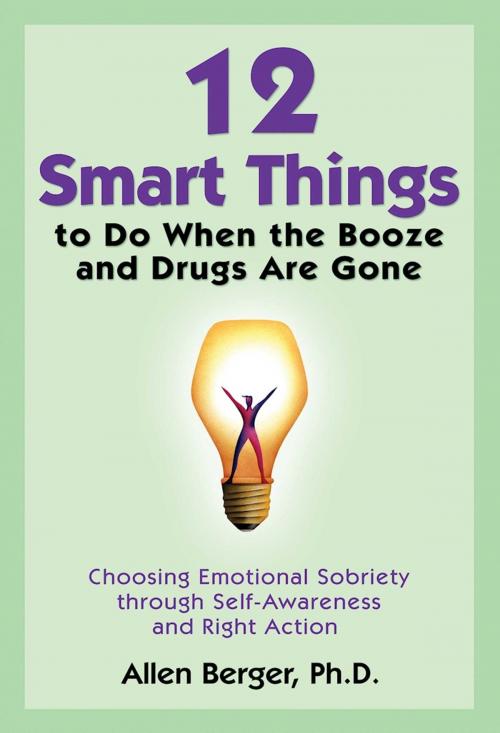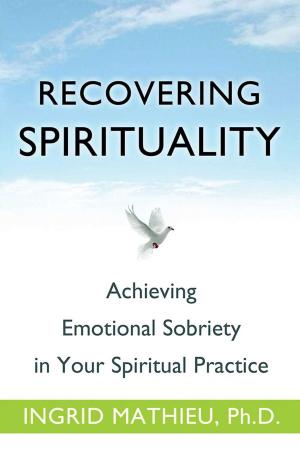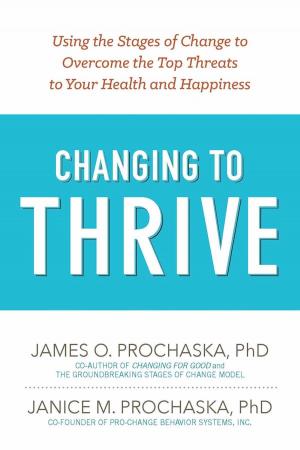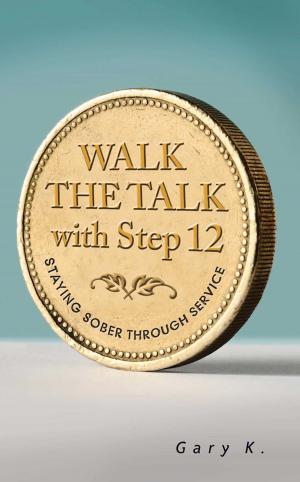12 Smart Things to Do When the Booze and Drugs Are Gone
Choosing Emotional Sobriety through Self-Awareness and Right Action
Nonfiction, Health & Well Being, Self Help, Addiction, Drug Dependence, Twelve-Step Programs, Alcoholism| Author: | Allen Berger, Ph. D. | ISBN: | 9781592859955 |
| Publisher: | Hazelden Publishing | Publication: | September 8, 2010 |
| Imprint: | Hazelden Publishing | Language: | English |
| Author: | Allen Berger, Ph. D. |
| ISBN: | 9781592859955 |
| Publisher: | Hazelden Publishing |
| Publication: | September 8, 2010 |
| Imprint: | Hazelden Publishing |
| Language: | English |
The author of the classic 12 Stupid Things That Mess Up Recovery offers a fresh list of "smart" things to do to attain and sustain emotional sobriety.
Whether it's called "dry drunk" or "white knuckle sobriety," it's that stage in recovery when we realize that "putting the plug in the jug" isn't enough. The next step is taking responsibility for the emotional immaturity that fuels our addictive personality and has a tremendous impact on ourselves and others.
Allen Berger, PhD, draws on the teachings of Bill W. and psychotherapy pioneers to offer twelve hallmarks of emotional sobriety that, when practiced, give people the confidence to be accountable for their behavior, ask for what they want and need, and grow and develop a deeper trust in the process of life. These smart things include: understanding who you are and what's important to you; learning not to take others' reactions personally; trusting your inner compass; and taking responsibility for your reactions to problematic situations.
It is in these practices that we find release from what Bill W. described as an "absolute dependency" on people or circumstances, and develop the tools to find prestige, security, and belonging within.
The author of the classic 12 Stupid Things That Mess Up Recovery offers a fresh list of "smart" things to do to attain and sustain emotional sobriety.
Whether it's called "dry drunk" or "white knuckle sobriety," it's that stage in recovery when we realize that "putting the plug in the jug" isn't enough. The next step is taking responsibility for the emotional immaturity that fuels our addictive personality and has a tremendous impact on ourselves and others.
Allen Berger, PhD, draws on the teachings of Bill W. and psychotherapy pioneers to offer twelve hallmarks of emotional sobriety that, when practiced, give people the confidence to be accountable for their behavior, ask for what they want and need, and grow and develop a deeper trust in the process of life. These smart things include: understanding who you are and what's important to you; learning not to take others' reactions personally; trusting your inner compass; and taking responsibility for your reactions to problematic situations.
It is in these practices that we find release from what Bill W. described as an "absolute dependency" on people or circumstances, and develop the tools to find prestige, security, and belonging within.















